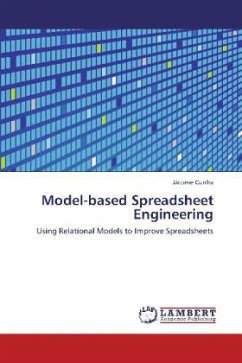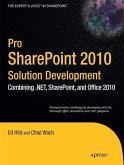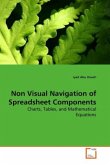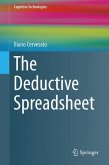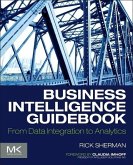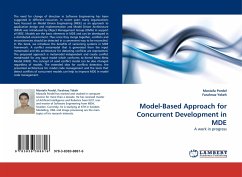Spreadsheets play an important role in software organizations: they are not only used to define sheets containing data and formulas, but also to collect information from different systems, to perform operations to enrich or simplify data, etc. Unfortunately, spreadsheet systems provide poor support for modularity, abstraction, and transformation, thus making the maintenance of spreadsheets a complex and error-prone task. An emerging solution to handle complex software systems is model-driven engineering. Its basic principle is to consider models as first class entities and to classify any software artifact as either a model or a model instance. In our work, we adapted to spreadsheets several techniques that are inspired by model-driven approaches to generic software systems. In fact, most spreadsheets lack a proper specification or a model. Using reverse engineering techniques we are able to derive various models from legacy spreadsheets: they can be used for several improvements, namely refactoring, safe evolution, migration or even generation of edit assistance. The techniques presented in this book have been integrated in HaExcel, a framework to improve spreadsheet productivity.
Bitte wählen Sie Ihr Anliegen aus.
Rechnungen
Retourenschein anfordern
Bestellstatus
Storno

